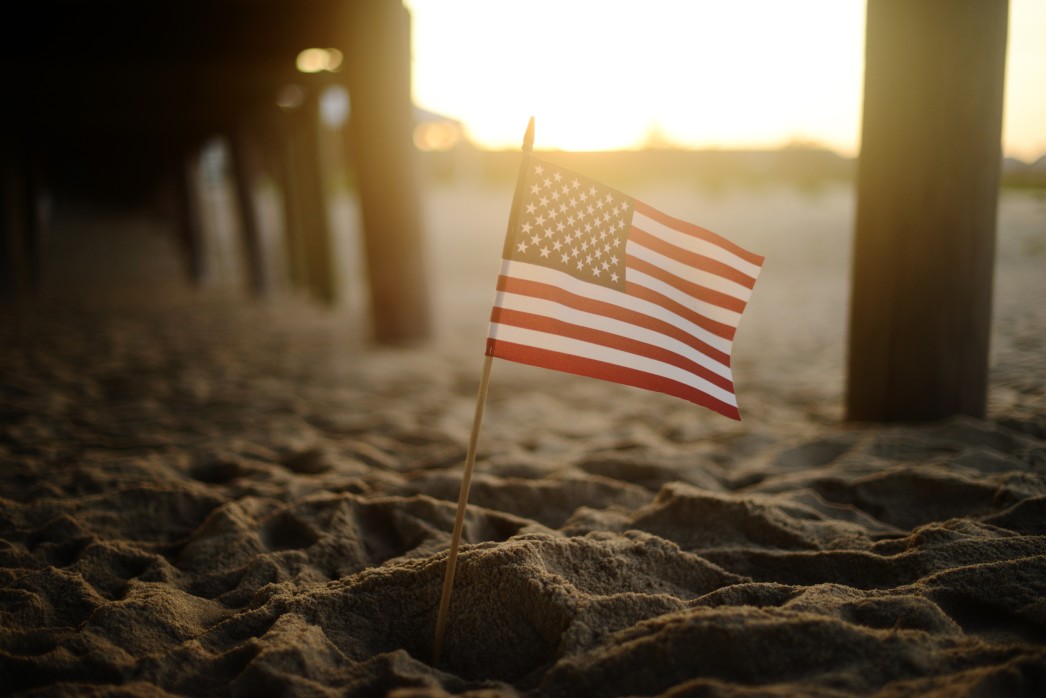“The definition of law… is nothing else than an ordinance of reason for the common good, made by him who has care of the community, and promulgated.”
-St. Thomas Aquinas, “Summa Theologica,” Question 90, Article 4, Question 4, Objection 3
“Our American policy is a regime of ordered liberty, designed to give justice and order and freedom all their due recognition and part.”
-Russell Kirk, “The American Cause“
Many government regulations deserve scrutiny and reform, but requiring hand-washing at food service establishments is not among them.
During a recent appearance at the Bipartisan Policy Center, Sen. Thom Tillis (R-NC) recalled a conversation with a woman at Starbucks about whether the government should require restaurants to require their employees to wash their hands after using the restroom. Tillis opposed this regulation, suggesting instead that the government should require restaurants to post a sign stating that employees are not required to wash their hands. The free market, he believes, will correct this public health hazard by alerting patrons about unsanitary restaurants, thereby putting them out of business.
It is puzzling that Tillis chose hand-washing requirements to illustrate excessive regulation, since he does not seem to be against public health standards across the board. A few seconds earlier he says: “I really do believe that you can get regulations to a point where you preserve the environment, you keep the workplace safe” and further, “there is no Republican here, I hope, who has run for office so that they could destroy the environment or make sure their children can’t drink clear water…it’s a matter of the means not the ends.” In fact, while Tillis was Speaker of the House of North Carolina, he supported the state’s Coal Ash Management Act, which cracked down on coal ash facility owners after a hemorrhaging pipe contaminated the Dan River last year. Yet when later questioned about the hand-washing statement, Tillis did not nuance his odd example, countering that the government should set a direction for regulation but then “let those who are regulated decide whether or not it makes sense.”
Setting aside the threat of an epidemic, there are two flaws to Tillis’s approach: first, belief that freedom is an end in and of itself, and second, inordinate suspicion of the government’s proactive role in promoting the common good.
Tillis is arguing that government regulation regarding hand-washing restrains the freedom of restaurant owners. Excessive regulation does indeed harm the common good by stifling the entrepreneurship that creates jobs and stimulates the economy, as many of my AEI colleagues have written. But an “ordinance of reason,” St. Thomas Aquinas’s definition of a law, restricts an undesirable kind of freedom—license or chaos—for the purpose of a better kind of freedom—the freedom to flourish. This better freedom is impossible without the rule of law to uphold it. So in this case, my view is that Tillis is endorsing an undesirable kind: the freedom to risk a public health crisis through the sale of contaminated food.
[pq]The real bugaboo is not stopping regulations, but figuring out which regulations promote human flourishing.[/pq]
Tillis believes the free market will create the necessary order to protect consumers. But in this particular instance, the free market cannot respond as effectively as a government mandate. The margin of error for disease transmission is small. By the time the patrons realize they are consuming contaminated food, a twenty-first century Typhoid Mary will have already claimed her victims.
Protecting the consumer from basic harms is an acceptable exercise of government regulation. It would be injurious to the common good to allow a company to bottle sugar pills and claim it cures hypertension. Eventually the crooks would be discovered and the company would go under, but not before some poor soul (if not many) had needlessly succumbed to a heart attack. As we’ve seen with Madoffesque schemers, enlightened self-interest cannot eliminate all incentives to cheat—at least in the short term.
When it comes to public policy, the real bugaboo is not stopping regulations, but figuring out which regulations promote human flourishing and which ones stifle it by protecting the narrow interests of a particular group. Occupational licensing for hair braiders protects salon owners from competition by blocking many minority businesswomen out of the market. In contrast, regulations requiring hand-washing in food service establishments prevent the public from contracting oral and fecal-borne pathogens, thereby preventing epidemics. While there can be grey areas in determining whether to place another regulatory burden on the private sector, there are also cases where doing so is the clear answer.
We need lawmakers who know the difference.



